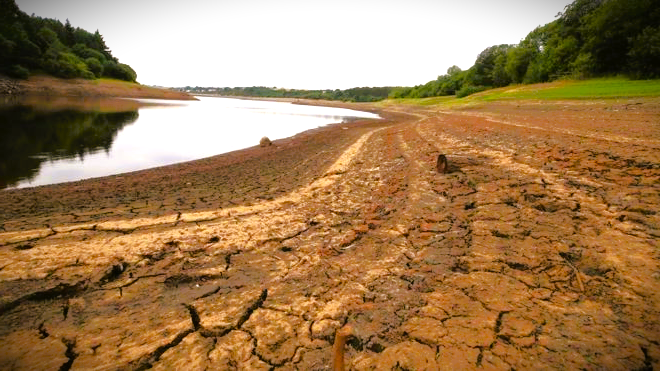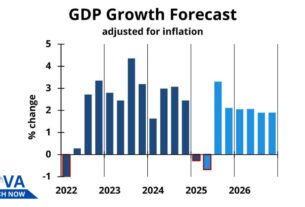The UK is facing a significant threat of water shortages by the mid-2030s unless new reservoirs are urgently constructed, according to Water Minister Emma Hardy. Speaking this week, Hardy warned that without swift action, Britain could experience water rationing similar to drought-stricken Mediterranean regions such as Catalonia and parts of Italy, where water use has already been heavily restricted.
In response, the Government is set to streamline the approval process for major reservoir projects by classifying them as “nationally significant infrastructure.” This change will transfer decision-making authority from local councils to central government, enabling faster construction of key projects. Two reservoirs in Cambridgeshire and Lincolnshire have already received this designation, with the potential to supply water to over 750,000 homes by 2040.
These efforts come amid concerning environmental data: the UK experienced its driest start to the year in some regions since 1929, highlighting the growing impact of climate change on national water resources. In tandem with the planning reforms, water companies have pledged £104 billion in private investment to improve infrastructure and reduce leakage by up to 17%.
Hardy stressed that access to water is essential not only for daily life but also for economic growth and housing development. While the investment is expected to lead to higher water bills a point of public frustration Hardy argued that the cost of delayed action is even greater.
The Government also claims that new reservoirs, if well designed, can support biodiversity and provide environmental benefits. However, some environmental groups are calling for careful oversight to ensure that ecological concerns are not overlooked.
In summary, the UK is racing against time to upgrade its water infrastructure in order to avoid severe shortages, with the Government’s new fast-track strategy representing a major shift in national policy.




